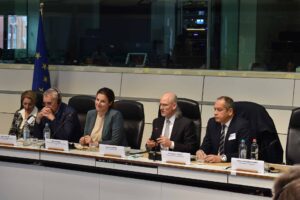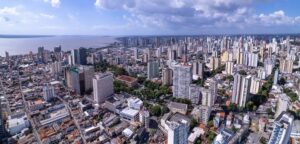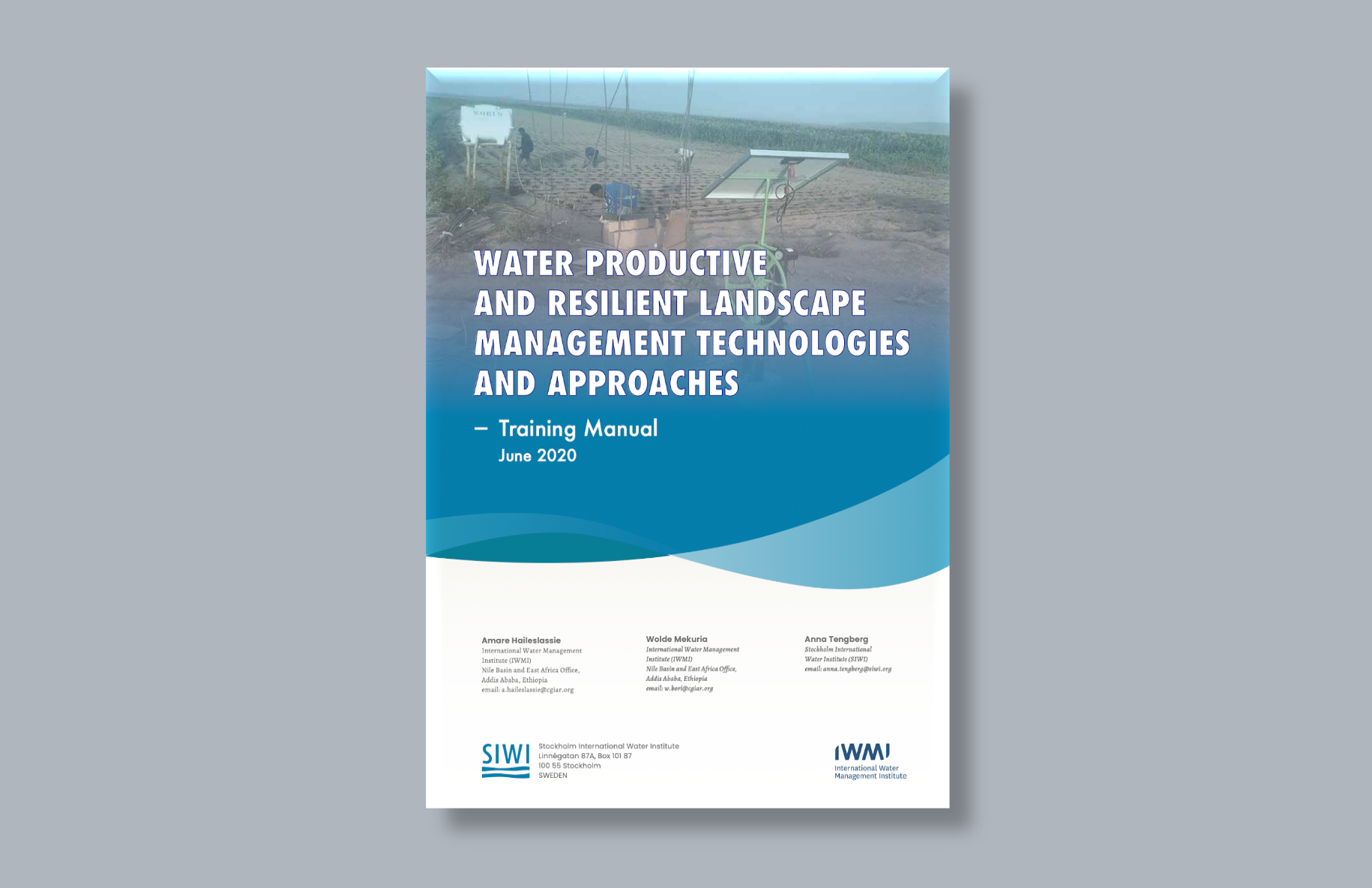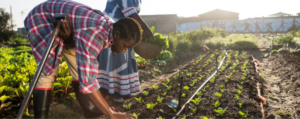heading
Locally Controlled Forest Restoration (LoCoFoRest) is a training programme that builds capacity in forest landscape restoration. LoCoFoRest seeks to meet the growing global demand for wood-based products while supporting local economies, water security and biodiversity as well as climate change adaptation and mitigation.
LoCoFoRest is a Sida-funded International Training Programme (ITP) led by the Swedish Forest Agency, with SIWI and Eco-Innovation Foundation as partners. It focuses on scaling up restoration of forest landscapes while securing the prosperity of local communities and improving forest ecosystem services such as water and biodiversity.
The five-year programme started in 2021 and is open to sector representatives from Burkina Faso, the Democratic Republique of Congo (DRC), Ethiopia, Lao PDR, Nepal, Senegal, Thailand, Togo and Vietnam.
There will be seven one-year courses during the project period; five in English and two in French. Participants start with a web-based introduction course in their home countries before meeting in Sweden for two weeks of intensive training. An important part of the programme is that the participants develop and carry out their own Change Projects, in their home countries and in their own organizations.

Background
LoCoFoRest aims to build institutional capacity in governance and market approaches that enable local involvement and control of forest landscape restoration in Burkina Faso, DRC, Ethiopia, Lao PDR, Nepal, Senegal, Thailand, Togo and Vietnam.
The programme is open to participants from government agencies, civil society, the private sector, and academic institutions. The participants’ focus can be forestry, forest restoration, entrepreneurship, management of natural resources and forest ecosystem services like water and biodiversity.
The programme will run over five years, with seven one-year courses consisting of the following components:
- A web-based preparatory course
- Two weeks of training in Sweden
- Coaching support for a “Change Project” project in the participant’s home country
- An annual restoration seminar
- Online Alumni and networking activities
The challenge
Forests and water are crucial to achieving the 2030 Agenda, including adaptation and mitigation strategies to address climate change. We need forests to ensure water and food security and for societies to become more resilient. But a large part of the original global forest cover has been depleted, degraded and/or fragmented, and many forest ecosystem services are impaired.
Restoring forest landscapes is key to solving many social, economic, and ecological challenges. Unfortunately, many initiatives for large scale restoration of forest landscapes have not been very successful. In many cases water perspectives have been forgotten, despite forests’ critical role for cleaning and recharging of water. Other challenges include how restoration activities can become sustainable and viable, independent on bilateral aid or project funding.
The LoCoFoRest program seeks to change this. The web course and training programme are designed to increase our understanding of how forest landscape restoration can become a scalable and self-driving part of societal development in a new bio-based economy. This will help countries and local communities meet the targets of the 2030 Agenda 2030 and the Paris Agreement on climate change.
Our impact
The LoCoFoRest training programme runs from 2021-2025 to strengthen institutional capacity in relevant organizations and institutions. The aim is for smallholder farmers to become stewards of restored and sustainably managed forest landscapes. The participants will get new skills and knowledge while interacting with other stakeholders from the forest sector. They will also work on their own change projects, focusing on both governance and business aspects.
This is expected to lead to new perspectives and behavioural change among local communities, governments, civil society and businesses, as well as within academia. In the long term, this should give more smallholder farmers opportunities to restore and manage forests sustainably, connecting to an emerging bio-economical market.







